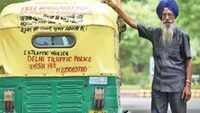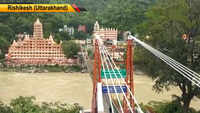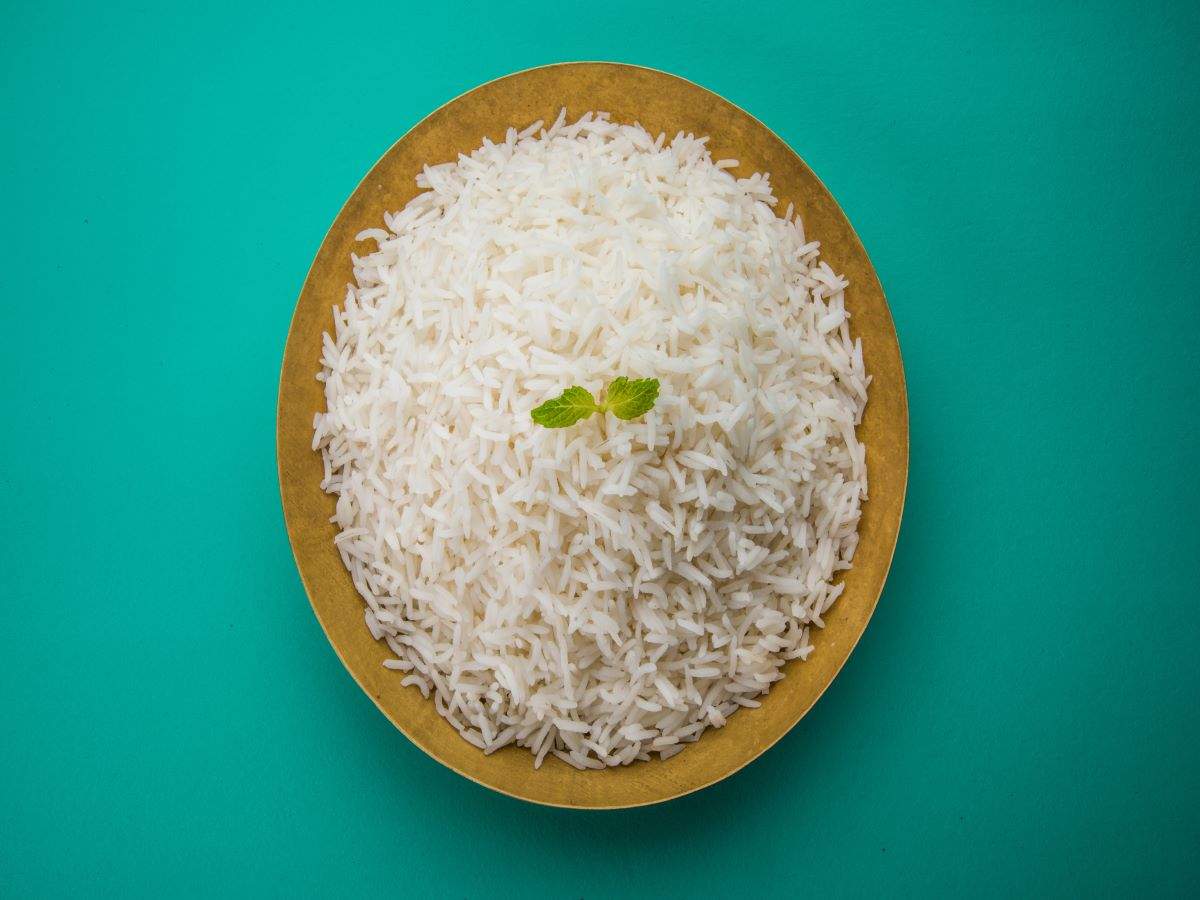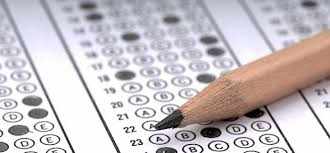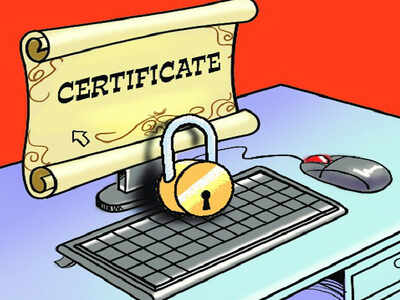
CHENNAI: Don’t come to us for certificates and services, we come to you with them. That’s Tamil Nadu government’s promise as it readies to take a giant leap in e-governance.
Chief minister Edappadi K Palaniswami announced in the assembly on Friday the government’s plan to maintain virtual vault for each citizen. The vault will electronically store and deliver on people’s mobile phones their birth certificates, death certificates and everything in between. The project will cost Rs 90 crore.
At present, e-governance tools allow citizens to apply for documents like licences and clearance certificates. Now, the government plans to employ blockchain technology to deliver the goods without being asked. “With the technology available today, it is possible to ensure that citizens need not apply for any service, rather the government shall provide it as a predictive service, from birth to death,” said IT secretary Santhosh Babu.
‘Information must be loaded into system with caution
Enabling this will be a unique number for each citizen (‘makkal’ number) which the Tamil Nadu e-Governance Agency (TNeGA) has created for more than seven crore people of the state. The software used for issuing certificates will be modified so that every document generated will move to the vault with reference to the ‘makkal’ number. It works thus: When a child is born, the software used by the health department to issue birth certificate will generate a ‘makkal’ number. The birth certificate is then moved into his vault. After six months, the parents will be reminded through a text message that the child is ready for vaccination. When the child turns five, the parents get a message about getting an Aadhaar number and also the places where Aadhar registration can be done near their place,” said Babu.
When the child has to be admitted to a school or college, the parents need not carry certificates; instead they can authorise the authorities concerned to check the certificates in the vault. “If there are 50 certificates or documents in the vault and if the school needs only three, those certificates alone will be verified and a message will be sent,” said the official. Every citizen can view the documents in his vault on his mobile phone by verifying his identity through an OTP.
Government agencies and private employers can verify the genuineness of qualifications electronically with the consent of the applicant. “Three or four departments need to rejig their software for implementing the project. We need to work with these departments after getting the government order out. It could take six months to a year,” the IT secretary said.
The chief minister said parallelly, TNeGA will build a blockchain platform for the state at ₹40.8 crore. This will be offered as a service to all government departments without them having to maintain a blockchain node. Blockchain is an emerging technology that can be used wherever genuineness of transactions have to be established. The data stored using blockchain technology cannot be altered.
Experts approve. “It’s definitely doable,” said Saravanan Vijayakumaran, associate professor at department of electrical engineering, IIT Bombay. “Outside cryptocurrency, for government services it will be a ‘single source truth’, which is a major advantage. However, the government needs to verify the authenticity of information about individuals loaded into the system. Onboarding of information is the key for such a service by the government.”
Chief minister Edappadi K Palaniswami announced in the assembly on Friday the government’s plan to maintain virtual vault for each citizen. The vault will electronically store and deliver on people’s mobile phones their birth certificates, death certificates and everything in between. The project will cost Rs 90 crore.
At present, e-governance tools allow citizens to apply for documents like licences and clearance certificates. Now, the government plans to employ blockchain technology to deliver the goods without being asked. “With the technology available today, it is possible to ensure that citizens need not apply for any service, rather the government shall provide it as a predictive service, from birth to death,” said IT secretary Santhosh Babu.
‘Information must be loaded into system with caution
Enabling this will be a unique number for each citizen (‘makkal’ number) which the Tamil Nadu e-Governance Agency (TNeGA) has created for more than seven crore people of the state. The software used for issuing certificates will be modified so that every document generated will move to the vault with reference to the ‘makkal’ number. It works thus: When a child is born, the software used by the health department to issue birth certificate will generate a ‘makkal’ number. The birth certificate is then moved into his vault. After six months, the parents will be reminded through a text message that the child is ready for vaccination. When the child turns five, the parents get a message about getting an Aadhaar number and also the places where Aadhar registration can be done near their place,” said Babu.
When the child has to be admitted to a school or college, the parents need not carry certificates; instead they can authorise the authorities concerned to check the certificates in the vault. “If there are 50 certificates or documents in the vault and if the school needs only three, those certificates alone will be verified and a message will be sent,” said the official. Every citizen can view the documents in his vault on his mobile phone by verifying his identity through an OTP.
Government agencies and private employers can verify the genuineness of qualifications electronically with the consent of the applicant. “Three or four departments need to rejig their software for implementing the project. We need to work with these departments after getting the government order out. It could take six months to a year,” the IT secretary said.
The chief minister said parallelly, TNeGA will build a blockchain platform for the state at ₹40.8 crore. This will be offered as a service to all government departments without them having to maintain a blockchain node. Blockchain is an emerging technology that can be used wherever genuineness of transactions have to be established. The data stored using blockchain technology cannot be altered.
Experts approve. “It’s definitely doable,” said Saravanan Vijayakumaran, associate professor at department of electrical engineering, IIT Bombay. “Outside cryptocurrency, for government services it will be a ‘single source truth’, which is a major advantage. However, the government needs to verify the authenticity of information about individuals loaded into the system. Onboarding of information is the key for such a service by the government.”
World Cup 2019
Trending Topics
LATEST VIDEOS
More from TOI
Navbharat Times
Featured Today in Travel
Quick Links
Lok Sabha Election Schedule 2019Lok Sabha Election NewsDelhi Capitals teamMI team 2019Rajasthan Royals 2019RCB team 2019Maharashtra Lok Sabha ConstituenciesBJP Candidate ListBJP List 2019 TamilnaduShiv Sena List 2019AP BJP List 2019Mamata BanerjeeBJP List 2019 MaharashtraPriyanka GandhiBJP List 2019 KarnatakaAMMK Candidate List 2019BJP List 2019 WBLok Sabha Elections in Tamil NaduBSP List 2019 UPNews in TamilLok Sabha Poll 2019Satta Matka 2018PM ModiMahagathbandhanNagpur BJP Candidate ListChandrababu NaiduTamil Nadu ElectionsUrmila MatondkarNews in TeluguMadras High CourtTejashwi YadavArvind KejriwalTejasvi SuryaPawan KalyanArvind KejriwalYogi AdityanathJaya PradaSatta King 2019Srinagar encounter
Get the app




